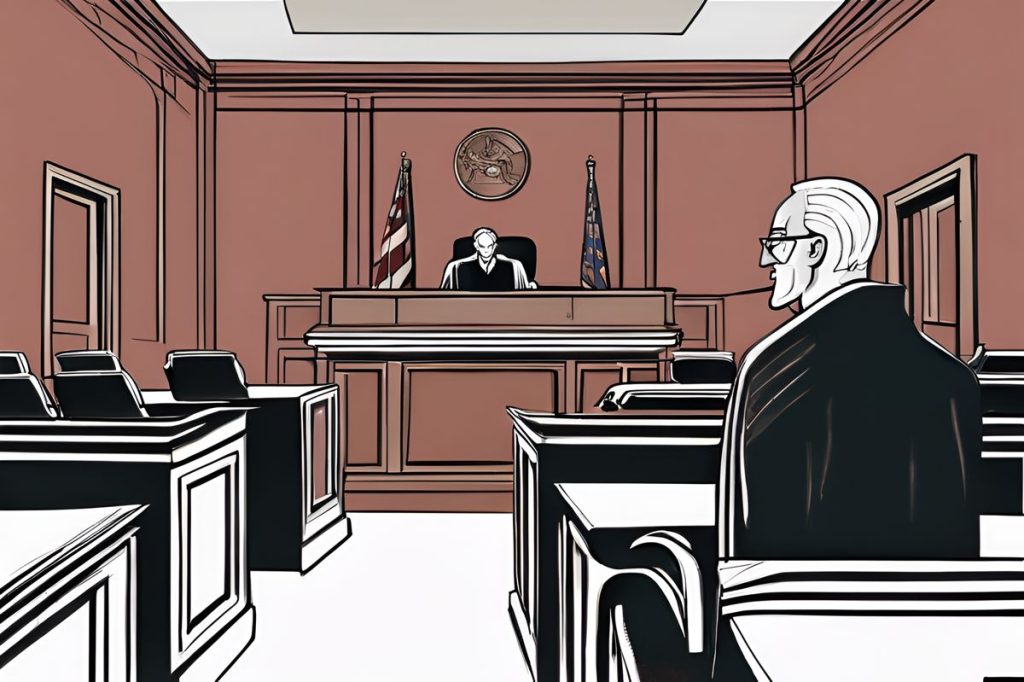Court minutes are crucial records of trial proceedings, but they are not meant to aid parties or delay court processes. A recent ruling emphasized that the preparation of minutes should not halt legal proceedings, highlighting the distinction between administrative tasks and the primary function of the court.
What is the role of court minutes in civil cases?
Court minutes document what transpires during trials and are vital for the judicial system’s decision-making. They are not a right of a party, nor meant to aid in submitting legal arguments or checking verdict accuracy during appeals. The recent ruling indicates that proceedings should not be halted for minute preparation, as it’s an administrative task separate from the court’s primary functions.
The Role of Court Minutes in Civil Cases
Court minutes play a pivotal role in the legal system, serving as an official record of what transpired during trials. However, contrary to what some might assume, the preparation of court minutes before a Civil Court is neither a right of a party nor a prerequisite for submitting legal arguments. In essence, while the law mandates the keeping of minutes and notes to assist the court, they are not designed to aid the parties involved or to check the accuracy of the initial verdict during an appeal.
The submission process of a civil case is intended to reflect upon the testimony presented, outlining the legal stance on the issues raised. Historically, this process has never required the formulation of minutes for the purpose of party addresses or the summarization of testimonies. Moreover, applications made to suspend trial proceedings with the intention of preparing minutes are likely to be ruled inadmissible, potentially incurring additional costs for the applicant.
Court’s Stance on Minute Taking and Trial Proceedings
In a noteworthy decision made by the President of the Court, an application to halt the proceedings for minute preparation was outright rejected. The ruling emphasized that advocates’ closing statements should summarize testimonies collected during the trial and do not necessitate a suspension of proceedings. Court procedural regulations specify that shorthand minutes are taken at the court’s direction, not automatically, and they are handed over to the Registrar post-trial in their original shorthand form.
The transcribing of these minutes comes into play primarily when an appeal is in question. Ensuring fair trial standards and equal arms, the minutes serve the court’s function to deliver a justified decision, with the authentic record being that which is kept by the judge presiding over the case. Ultimately, the court’s decision indicated that halting the proceedings for the sake of preparing minutes is unsupported by regulations and jurisprudence and runs contrary to their intent.
Responsibilities and Legal Precedents
The transcription of testimony minutes is an administrative task falling under the secretariat’s purview, separate from the legal proceedings and their progression in the court. The onus is on the parties’ counsel to adequately prepare for hearings, including the thorough documentation of witness testimonies. The court and its staff are not responsible for these preparatory activities.
Legal experts like George Coucounis, who specializes in Immovable Property Law, underscore the importance of understanding these procedural nuances. His insights suggest that while minute keeping is vital for the court’s decision-making, it should not be misconstrued as a tool for delaying court proceedings or shifting the burden of case preparation onto the judicial system’s administrative staff.
As we navigate the complexities of civil law, it’s clear that minute preparation is an essential, albeit often misunderstood, facet of the legal process. While minutes aid the judicial system in its decision-making, they should not be viewed as a means to hinder the swift administration of justice. The recent ruling discussed herein reinforces the notion that the legal proceedings must march forward, unobstructed by administrative concerns that lie outside the court’s fundamental objective.
What is the purpose of court minutes in civil cases?
Court minutes serve as an official record of trial proceedings, documenting what transpires during hearings. They are crucial for the judicial system’s decision-making process but are not meant to aid parties in submitting legal arguments or appeal processes.
Should trial proceedings be halted for minute preparation?
No, trial proceedings should not be halted solely for minute preparation. Recent rulings emphasize that minute preparation is an administrative task separate from the court’s primary function. Advocates’ closing statements should summarize testimonies collected during the trial without the need for a suspension of proceedings.
What is the responsibility of parties’ counsel regarding minute preparation?
It is the responsibility of parties’ counsel to adequately prepare for hearings, including documenting witness testimonies. Minute preparation is an administrative task falling under the secretariat’s purview, and it should not delay or impede the progression of legal proceedings.
How are court minutes used in the event of an appeal?
Court minutes are transcribed primarily in the event of an appeal. The minutes serve to ensure fair trial standards and equal arms, assisting the court in delivering a justified decision. It is crucial to understand that the authentic record is kept by the judge presiding over the case, and minute preparation should not be used to delay appeals or court processes.

